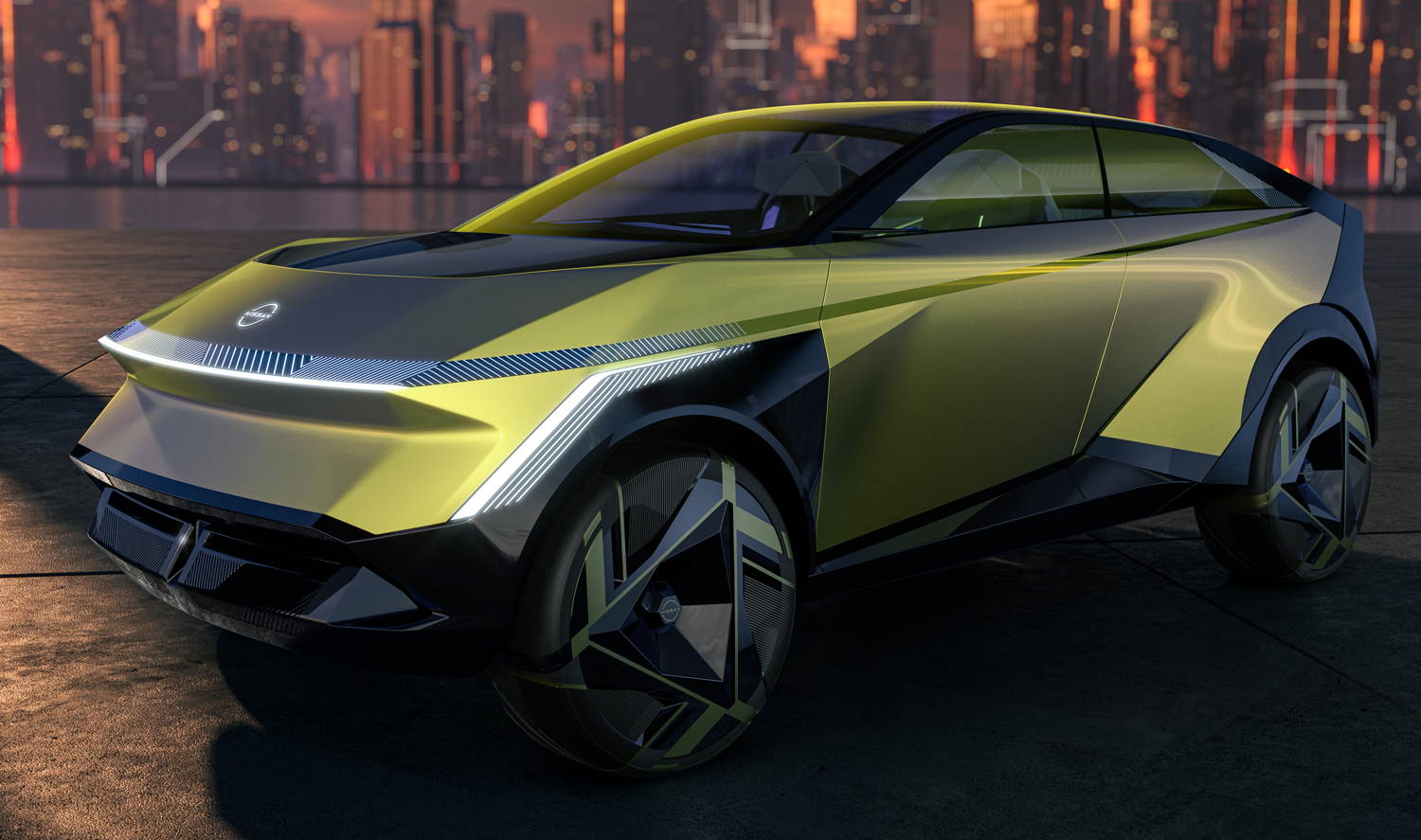The UK’s largest car plant will receive huge investment to build Nissan’s next generation of EVs.
Nissan has confirmed that its Sunderland factory in the UK will produce the all-new Juke and Qashqai EVs alongside the upcoming next-generation Leaf – helping to secure 7,000 jobs in the UK.
The announcement follows on from Nissan’s plans to only release new all-electric vehicles in Europe from now on with a plan to have a fully-electric lineup of passenger cars by 2030.
CEO of Nissan Makoto Uchida spoke of the news: “The EV36Zero project puts our Sunderland plant at the heart of our future vision. It means our UK team will be designing, engineering and manufacturing the vehicles of the future, driving us towards an all-electric future for Nissan in Europe.”
The Sunderland factory’s future was in doubt as recently as 2021, when it benefitted from a trade deal between the UK and EU. Additional focus has been placed on the Nissan plant’s future and its electrification since plans for Britishvolt’s gigafactory in nearby Northumberland collapsed earlier this year with the firm narrowly avoiding administration. Nissan Sunderland has already started building its second battery plant and a third one has been confirmed. Nissan is yet to agree on a battery supplier for the third factory – although battery manufacturer Envision AESC has agreed to supply the other two plants.
Of Nissan’s future plans, UK Prime Minister Rishi Sunak said: “Nissan’s investment is a massive vote of confidence in the UK’s automotive industry, which already contributes a massive £71 billion (AUD$136 bn) a year to our economy. This venture will no doubt secure Sunderland’s future as the UK’s Silicon Valley for electric vehicle innovation and manufacturing.”
Nissan Sunderland already has plenty of experience building EVs. The first and second-generation Leaf have been built there and in 2021 the firm had previously announced it would make the Leaf’s successor in Sunderland too. According to Nissan, the next-generation Leaf will be inspired by the Chill-Out concept from 2021.
The all-electric Juke and Qashqai have also been given the go-ahead and Nissan has hinted at those car’s design too. As expected, the Juke EV will follow on from the Hyper Punk concept recently revealed at the Tokyo Motor Show. The Qashqai, Britain’s best-selling car, will draw inspiration from the Hyper Urban concept, although we don’t expect elements like the scissor doors to be carried over.
What will be carried over is the vehicle-to-grid functionality, allowing bi-directional charging to charge appliances and even supply energy to the national grid. We expect the electric Juke, Qashqai and next-generation Leaf to all sit on the CMF-B EV platform, which will help simplify production. A range of electric motors and layouts are also expected with single- or dual-motor options.
Nissan is looking into solid-state batteries with plans to launch its first EV with the technology by 2028, but we expect the Juke, Qashqai and Leaf EVs to use nickel manganese cobalt (NMC) from launch. At the announcement in Sunderland, Nissan CEO Makoto Uchida said “Solid-state batteries could be a gamechanger in future”. He also stated that Nissan is “aiming to have a cost parity with internal-combustion cars” in relation to its upcoming EVs.
A £1bn (AUD$1.9 bn) “EV36Zero hub” will help bring these plans to fruition, which initially created 900 jobs at Nissan. Further plans for the next-generation Juke and Qashqai should create more jobs on top of this or at least secure the jobs of the existing workforce of over 7000 people across the UK. Nissan said the EV36Zero hub could account for a 9GWh capacity but could expand to 35GWh – enough for 100,000 EVs to be built per year at Sunderland. The Sunderland plant will also be able to run on 100 per cent renewable energy from wind and solar power.
Nissan’s announcement comes soon after chancellor Jeremy Hunt announced the government’s Autumn Statement on Wednesday with £2 billion (AUD$3.8 bn)of support for zero-emissions in the automotive industry. Electric vehicle customers received no such help however as Hunt resisted calls for incentives for EV buyers and reduced VAT costs of public EV charging.




